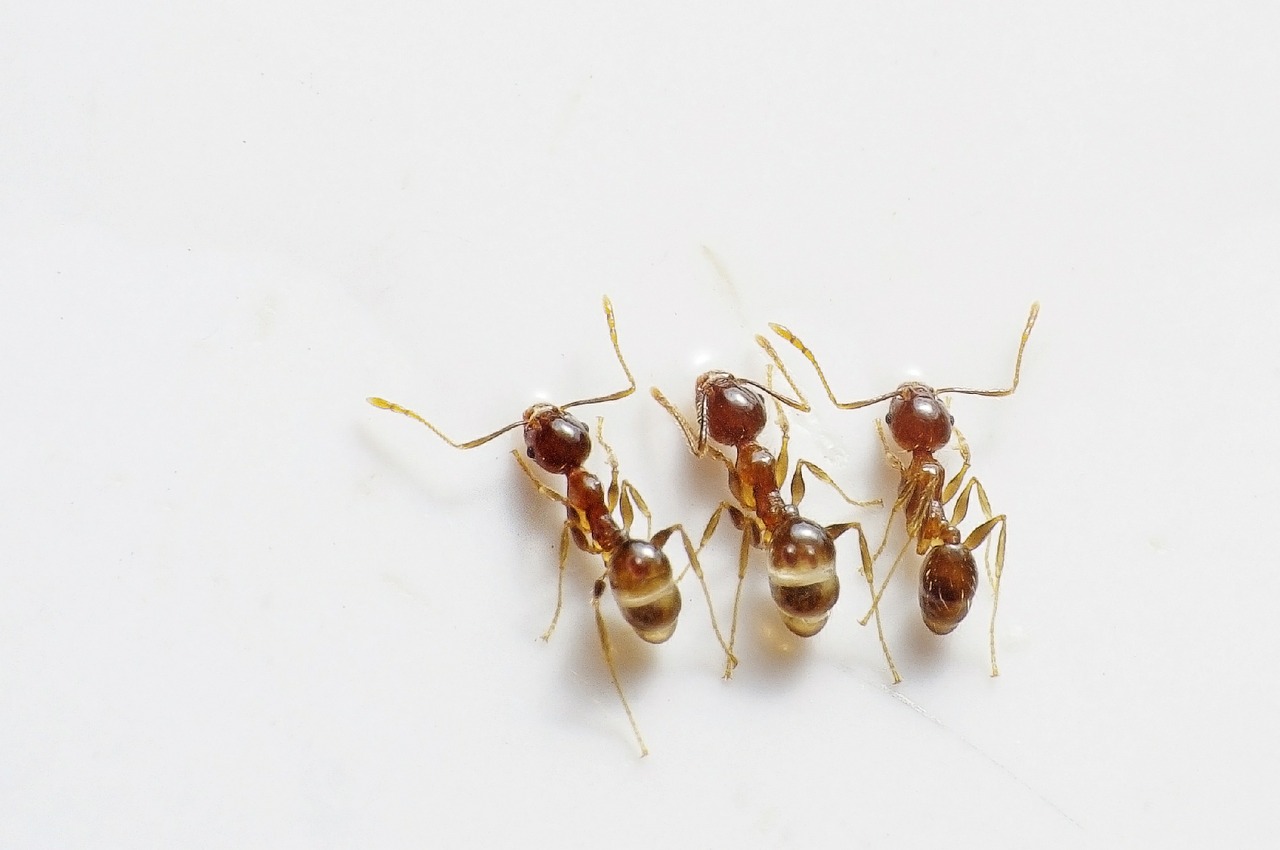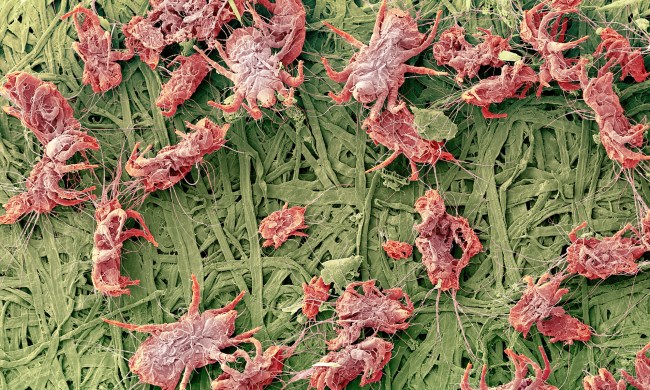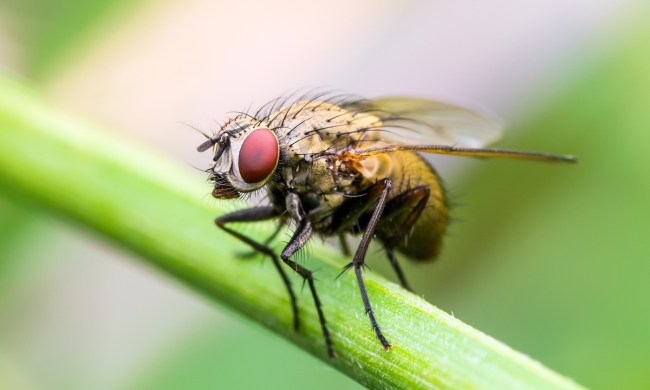Having an ant infestation in your home is not fun. While not all species of ants are destructive, their roaming can spread bacteria, and their presence is unpleasant to say the least. If you’re overrun with small ants in your house, you’ve likely already tried some methods to eradicate them and failed.
That’s because ants are persistent creatures, and they have some unique social characteristics that make it difficult to get rid of them permanently. Before you call an exterminator, consider our methods for eradicating these pests permanently.

Why are ant infestations so hard to eradicate?
As you may know, ants live in colonies where their queen lives and reproduces. Worker ants leave the colony to find and collect food, and they carry portions back to the queen and the other ants. On this journey, they leave a chemical trail all the way back to the colony so that the other worker ants can follow the path and find the food source to do the same.
For this reason, simply killing the ants that you find in your home will not get rid of the infestation. As long as the colony survives, the queen ant will produce more worker ants to follow the trail back to the food source. Even cleaning the area that you believe the chemical trail exists in will not put an end to your ant problem as the colony may exist deep in your home’s walls or flooring. The ants will continue to roam around until they find a food source.
How to get rid of little ants in your house
To eradicate little ants once and for all, you have to go to battle with the colony itself. The best method is one that is the Trojan Horse of exterminating ants. The idea is to get the worker ants to take food back to the colony that will wipe out all of the ants, along with the queen.
Ant-killing products that contain boric acid, like Milliard or Terra, are poisonous to ants but are low in toxicity for both pets and people. The product is mixed with a sugary substance to attract worker ants and prompt them to carry the poison back to their colony. Since it takes a day or two for the poison to kill the ants after consumption, the worker ants will come back for more until the whole colony is eradicated.
Steps to take when eradicating an ant infestation
Going to battle with an ant colony will take some time and patience. You’ll need to be diligent and intentional in your tactics. Follow these steps to wipe out those ants once and for all.
Locate the ants’ chemical trail
Since those worker ants are likely already leaving a chemical trail for their fellow workers to follow, try to identify its likely location. Don’t try to clean off the chemical trail, as this is the area where you’ll set your trap, and you want the workers to find it.
Clean surfaces thoroughly – except the chemical trail
Avoiding the chemical trail area, clean all other surfaces thoroughly to remove any remnants of food that might attract the worker ants. That way, the only thing they are attracted to is your boric acid trap.

Assemble the trap
Following the product instructions, assemble your boric acid trap directly in the area you think the chemical trail is in. At this point, it’s a waiting game to see if the ants will take your bait. You should see several ants swarming around your trap within 24 hours.
Repeat the process
Since it may take a few days for the trap to kill the entire colony, you will likely need to repeat the process at least once or twice. Be sure to clean thoroughly again so the ants are only attracted to the trap and not to any crumbs or spills. Replenish the trap until you see no more ants, as this will mean the colony has been effectively eradicated.
Natural extermination methods
If you’re not fond of using a chemical to get rid of ants, there are a couple of natural ingredients that are effective in deterring ants.
Cooking spices
Both ground cinnamon and cayenne pepper are natural ant repellents and work well for prevention at the first sight of ants. Creating a barrier with these spices at doors, windows, or any cracks that you think ants are getting through should stop an ant problem from becoming an infestation.
Vinegar and water solution
Vinegar is another chemical-free ant repellant and, since vinegar is also naturally antibacterial, it’s a popular natural household cleaner. It’s a good idea to do a thorough clean with a solution of vinegar and water around problem areas like the kitchen and dining areas where ants like to wander.
Ants are quite a nuisance, and having an infestation in your home can be unbearable. Taking preventative steps at the first sight of ants is the best way to keep your home free of them, but sometimes you can’t catch the problem until it’s a full-on invasion. If this is the case for you, diligence is going to be key in eradicating these annoying pests. Wage your war on the whole colony and then clean thoroughly to enjoy an ant-free home in no time.



